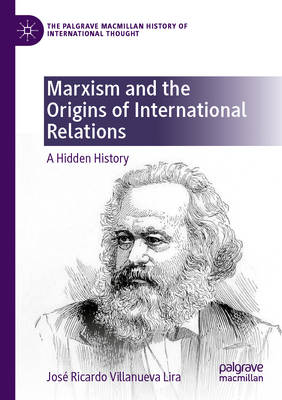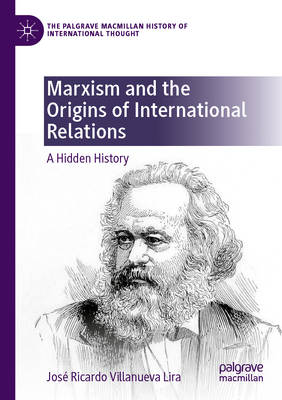
- Retrait gratuit dans votre magasin Club
- 7.000.000 titres dans notre catalogue
- Payer en toute sécurité
- Toujours un magasin près de chez vous
- Retrait gratuit dans votre magasin Club
- 7.000.0000 titres dans notre catalogue
- Payer en toute sécurité
- Toujours un magasin près de chez vous
Description
This book investigates to what extent and in what ways Marxist writings and precepts on imperialism informed the so-called idealist stage of International Relations (IR). Though the formative years of International Relations coincide with a vibrant period in Marxist political thought, Marxism is strikingly absent from the historiography of the discipline. Building on the work of revisionist scholars, the book reconstructs the writings of five benchmark IR thinkers. Villanueva analyzes the cases of John Hobson, Henry Brailsford, Leonard Woolf, Harold Laski and Norman Angell to explore the influence that Marxism played in their thinking, and in the "idealist years" of the discipline more generally. He ultimately demonstrates that, although Marxist thought has been neglected by mainstream IR disciplinary historians, it played a significant role in the discipline's early development. As such, this book both challenges the exclusion of Marxist thought from the mainstream disciplinary histories of IR and contributes to a deeper understanding of the role it played in early 20th century IR theory.
Spécifications
Parties prenantes
- Auteur(s) :
- Editeur:
Contenu
- Nombre de pages :
- 175
- Langue:
- Anglais
- Collection :
Caractéristiques
- EAN:
- 9783030796709
- Date de parution :
- 22-10-22
- Format:
- Livre broché
- Format numérique:
- Trade paperback (VS)
- Dimensions :
- 148 mm x 210 mm
- Poids :
- 231 g

Les avis
Nous publions uniquement les avis qui respectent les conditions requises. Consultez nos conditions pour les avis.






